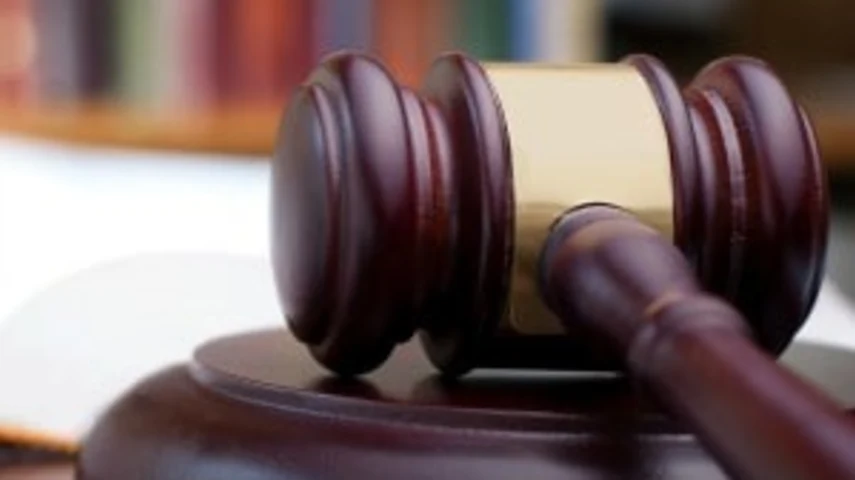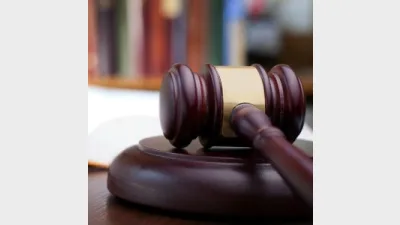How advisers can avoid trouble with the FSCP



In what should be common sense for advisers, keeping up to date documentation detailing decisions made will help advisers avoid any scrutiny with the financial services credit panel (FSCP), according to BT.
Bryan Ashenden, BT head of financial literacy and advocacy, said the FSCP already existed and he reviewed how past cases had been treated.
“Well obviously the simple answer to that is to make sure you comply with the code of ethics and that nothing is going wrong,” Ashenden said.
“But what I do think is important and what this highlights is the need to make sure you continue to maintain appropriate files.
“The biggest thing that has come up from cases it has reviewed in the past, is where advisers have done well when they have all the appropriate documentation in place to explain the process they went through and can explain how they made particular decisions at a point in time.”
However, Ashenden said, it’s the absence of documentation where concerns would arise.
“Therefore, you start off on the back foot, so making sure your documentation is maintained and that is that is up to date,” Ashenden said.
“Make sure it’s done contemporaneously, so done at the time of a particular event.
“They are the sort of things that will put you in the best position to avoid appearing before the FSCP or to put you in the best position to defend against potential claim or sanction.”
Recommended for you
Next year will see AMP roll out an end-to-end solution for its North platform, marking a shift in the firm’s position within the advice technology sector and building on adviser feedback.
My Dealer Services is predicting strong growth in self-licensing next year, citing recent ASIC action against Interprac and the desire for independence as key drivers of the self-licensing trend.
ASIC has handed down a six-month AFSL suspension to MW Planning after the firm failed to replace its banned responsible manager.
Despite the year almost at an end, advisers have been considerably active in licensee switching this week while the profession has reported a slight uptick in numbers.











